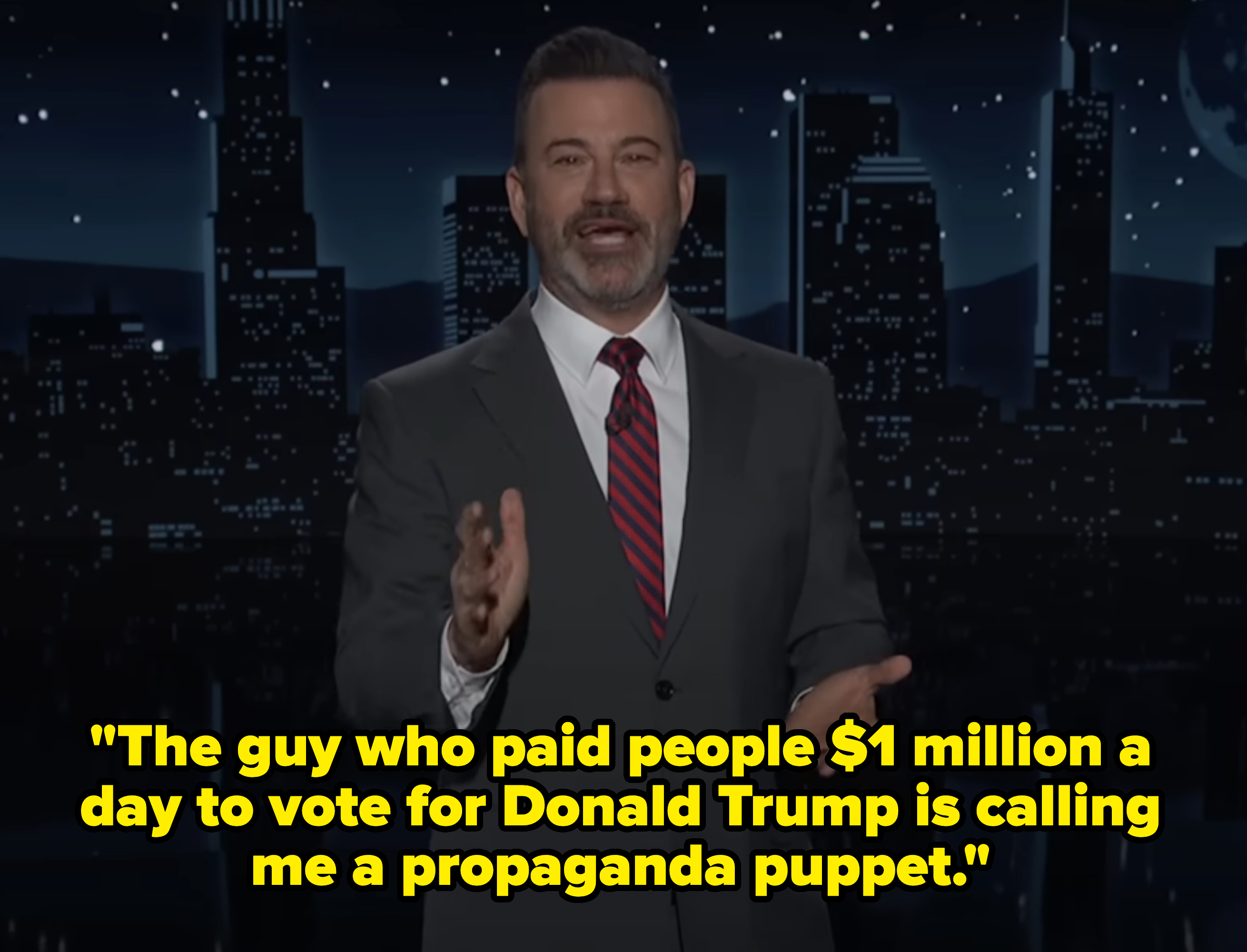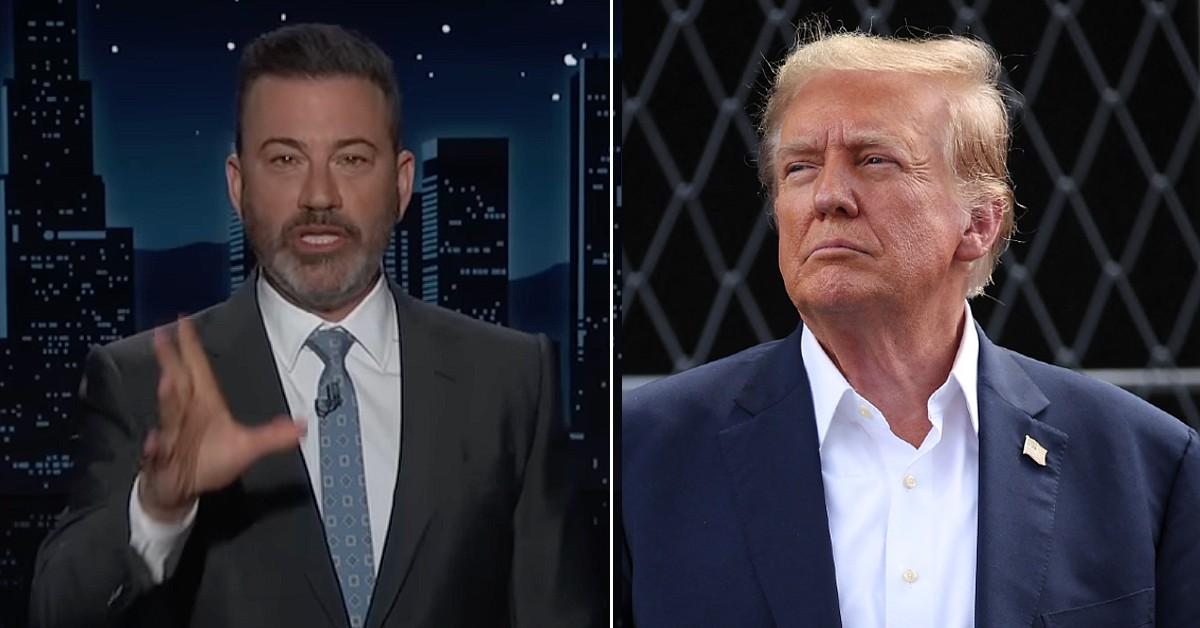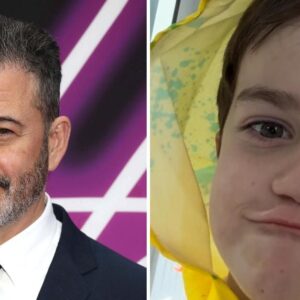“I don’t want my kid to turn out like me” – Jimmy Kimmel shared his fear after seeing his son pick up on political humor

In a heartfelt moment shared with his audience, comedian and television host Jimmy Kimmel admitted his concerns regarding his son’s development. After witnessing his child engaging with political humor, Kimmel expressed a pressing fear that his son might emulate him too closely. This admission is particularly significant considering Kimmel’s prominent role in the media landscape, where political humor has become a cornerstone of late-night television. His reflections bring to light the delicate balance parents face between influencing their children and fostering their independence.

The essence of Kimmel’s concern is rooted in the complexities of parenting in a politically charged environment. With the rise of social media and the omnipresence of political commentary, children today are exposed to a wide array of perspectives from a young age. For a parent like Kimmel, known for his satirical takes on current events, this exposure can be a double-edged sword. He fears that his child may inadvertently adopt his style of humor, which could align too closely with political biases, rather than encouraging a broader view of critical thinking and empathy.
The Influence of Media on Parenting
In today’s digital age, children are inundated with various media forms, which often include politically charged content. This reality raises questions about how much influence parents, especially public figures, have on shaping their children’s viewpoints. Kimmel’s candidness highlights a broader concern among many parents: the desire for their children to develop their own unique identities rather than being shaped by the personas of their parents.
As a popular figure, Kimmel recognizes that his political humor can mold perceptions and reactions among audiences, including his own children. The interplay between parental influence and media representation can significantly affect how children perceive political discourse. Kimmel wishes for his son to cultivate an independent mindset and make informed decisions based on a variety of perspectives, instead of merely imitating his father’s approach.
The Balance Between Humor and Seriousness
Parents often grapple with the challenge of instilling values while also allowing room for humor and enjoyment. As Kimmel reflects on his own comedic style, he acknowledges the importance of separating humorous commentary from serious issues. The challenge lies in teaching children to appreciate humor while understanding the weight of political discussions.

Political humor can become a tool for engagement, making complex topics accessible to younger audiences. However, Kimmel’s concern is that without proper guidance, children may misinterpret humor as an adequate standpoint in lieu of informed discussion. There is a fine line between using humor as a means of connection and trivializing substantial topics that require thoughtful consideration.
Encouraging Individuality and Critical Thinking
Kimmel’s fears resonate with many parents attempting to foster individuality within their children while remaining influential figures in their lives. He aims to encourage his son to embrace independent thought and critical analysis rather than passively accepting the opinions presented by his father. This goal aligns with a growing need for parents to guide their children in deciphering between objective information and subjective humor.
Setting an example as a thoughtful, engaged citizen involves consistently modeling independent thinking. Kimmel hopes to inspire his son to explore a range of ideas, values, and cultures so he can develop a well-rounded viewpoint. This approach empowers children to create their narratives and humor, ultimately becoming individuals who think critically about the world around them.
Conclusion
Jimmy Kimmel’s reflections on his fear of his son transforming into a caricature of himself underscore the inherent struggles of modern parenting. By sharing these thoughts, Kimmel not only invites discussion about the impacts of media and comedy on family dynamics but also encourages parents everywhere to reflect on their influence. As parents, we can foster environments that celebrate individuality and critical thinking while navigating the complexities of humor and serious conversations. Consider how your parenting might shape your child’s perspectives, and engage in open dialogues to cultivate their unique identity.





